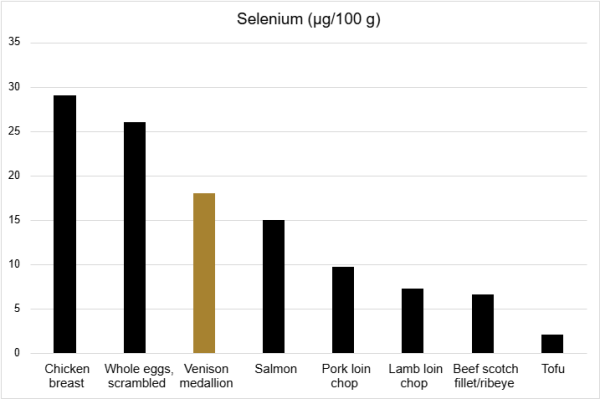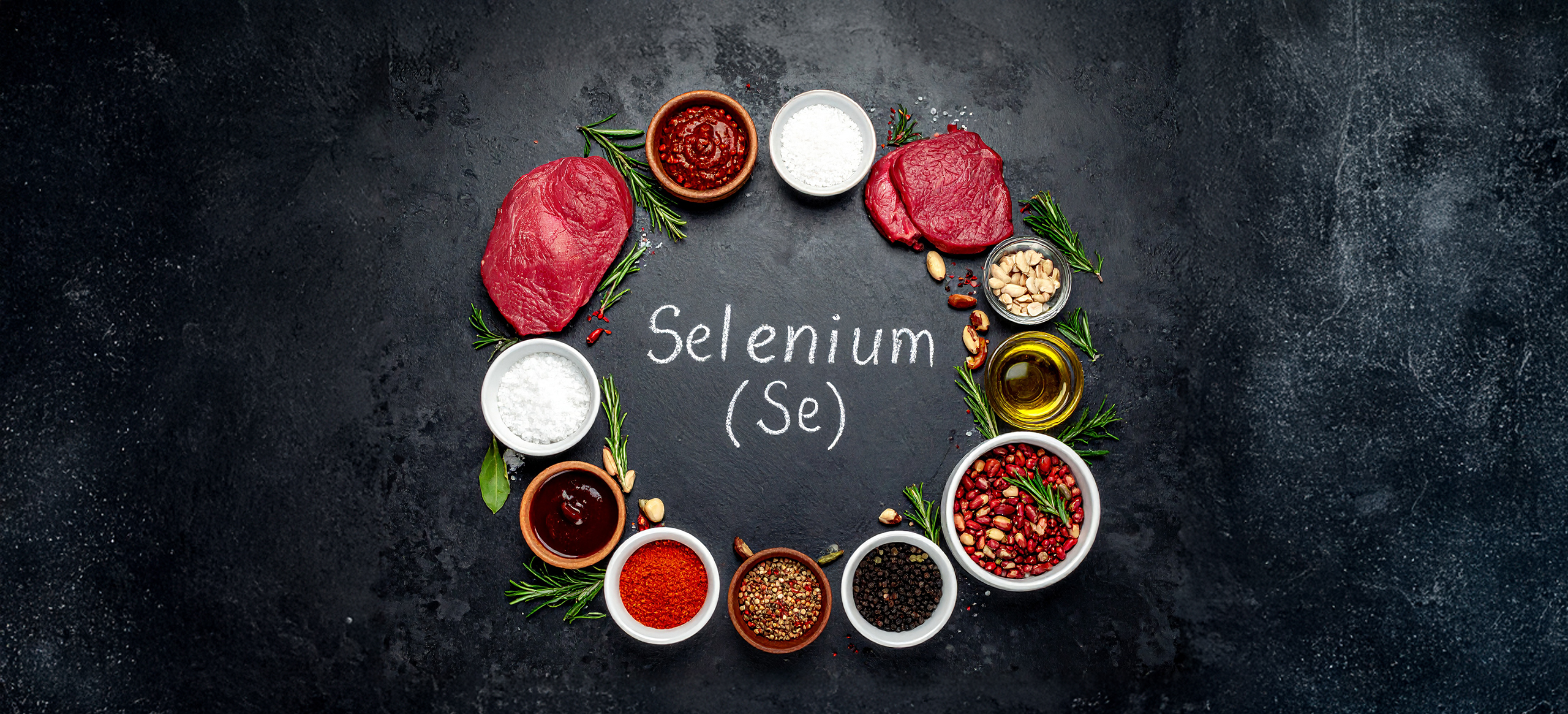Selenium: The Secret Ingredient to a Stronger Immune System
When it comes to essential nutrients, selenium may not be as well-known as iron, zinc, or calcium, but this trace mineral is a quiet powerhouse in human health. Required only in small amounts—measured in micrograms rather than milligrams—selenium has wide-reaching effects on immunity, thyroid function, reproduction, and protection against oxidative stress. Despite its tiny daily requirement, maintaining the right intake of selenium is vital for long-term wellbeing.
What Is Selenium?
Selenium is a trace mineral that the body cannot produce on its own, meaning it must come from food or supplements. For adults, the recommended daily intake is about 55 micrograms per day, with slightly higher needs during pregnancy and breastfeeding. Though the requirement is small, selenium’s biological impact is enormous, as it forms an integral part of a group of proteins called selenoproteins.
These selenoproteins act as enzymes and antioxidants, helping regulate key processes that affect virtually every system in the body. Without sufficient selenium, many of these functions become impaired, leading to subtle but serious health problems over time.

Source: The New Zealand Food Composition Database.
Selenium and Antioxidant Defense
One of selenium’s most celebrated roles is its contribution to the body’s antioxidant defense system. Selenium is a key component of glutathione peroxidase, an enzyme that neutralizes harmful free radicals and prevents oxidative damage to cells and tissues.
Oxidative stress is linked to aging and chronic conditions such as cardiovascular disease, diabetes, and certain cancers. By helping control this process, selenium indirectly supports long-term health and resilience. Adequate selenium intake has been associated with a lower risk of heart disease and better overall immune function.
Thyroid Health and Metabolism
Selenium is especially important for the thyroid gland, which regulates metabolism, energy use, and growth. The thyroid contains more selenium per gram of tissue than any other organ in the body. Selenoproteins are essential for the conversion of thyroxine (T4) into the more active triiodothyronine (T3).
Without enough selenium, this conversion can falter, leading to thyroid imbalances, fatigue, weight changes, and sluggish metabolism. Adequate selenium intake also helps protect the thyroid from oxidative damage, making it crucial for people with autoimmune thyroid conditions such as Hashimoto’s disease.
Immunity and Reproduction
Selenium supports a strong immune system by enhancing the body’s ability to respond to infections. Research shows that low selenium levels can impair immune defense, while adequate levels improve resistance to viruses and bacteria.
This mineral also plays a role in reproductive health. In men, selenium is necessary for healthy sperm production and motility. In women, it contributes to proper ovarian function and may reduce complications during pregnancy.
What Happens When Selenium Is Low?
Although severe selenium deficiency is rare in most developed countries, mild deficiency can still occur, particularly in regions with selenium-poor soils. Symptoms can include:
- Fatigue and low immunity
- Muscle weakness or pain
- Cognitive issues such as “brain fog”
- Increased risk of thyroid problems
In extreme cases, deficiency has been linked to conditions such as Keshan disease, a type of heart disorder observed in areas of China with very low selenium levels in the soil.
Best Dietary Sources of Selenium
The selenium content of foods varies depending on the soil in which plants are grown or what animals are fed. However, some foods consistently stand out as excellent sources:
- Brazil nuts: By far the richest natural source, a single nut can provide more than the daily requirement.
- Seafood: Tuna, sardines and oysters are excellent contributors.
- Meats: Red meats such as venison provide reliable amounts. Organ meats like kidney and liver can be even higher.
The Right Balance
Like many trace minerals, selenium is a nutrient where balance is key. Too little can impair immunity, thyroid health, and fertility, while too much can be toxic. Chronic excessive intake, usually from supplements rather than food, can cause a condition called selenosis, with symptoms like hair and nail brittleness, gastrointestinal upset, and nerve problems.
Sticking to natural food sources is the safest way to meet selenium needs without risk of overconsumption.
Conclusion
Selenium may be required in only microgram amounts, but its impact on human health is anything but small. By supporting antioxidant defense, regulating thyroid function, boosting immunity, and protecting reproductive health, selenium is a vital nutrient for maintaining balance in the body. Ensuring steady intake through foods such as seafood, meats, and Brazil nuts is the simplest way to safeguard against deficiency and harness the many benefits this mineral offers. In the grand orchestra of nutrition, selenium may play a quiet role, but it provides harmony that keeps the body’s systems in tune.

